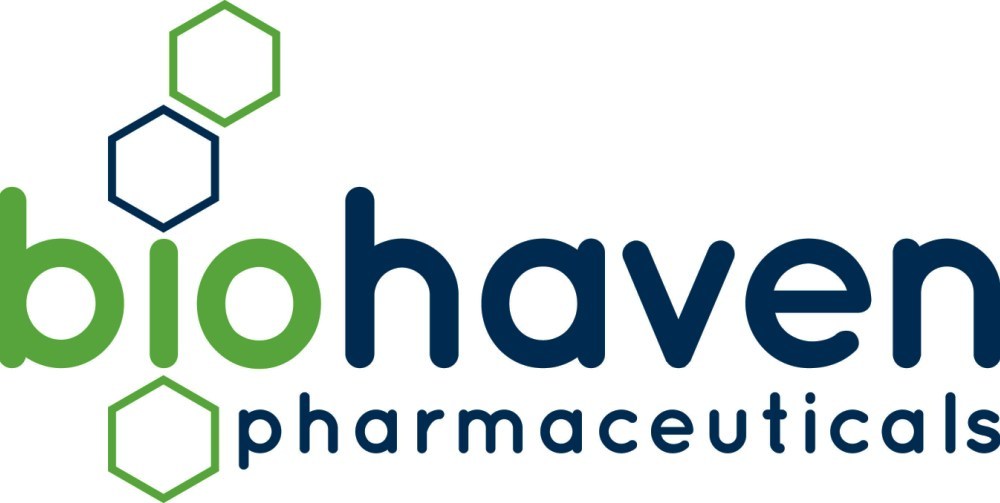Connecticut-based Biohaven Pharmaceutical Holding Company Ltd.’s BHV-5000 compound developed to treat Rett syndrome recently attained orphan drug designation from the U.S. Food and Drug Administration.
Orphan drug designation carries tax and marketing benefits. Because no approved treatments are yet available, the company’s clinical development initiative is significant. Biohaven CEO Dr. Vlad Coric called the BHV-5000 orphan drug designation supportive of the firm’s global strategy.
Rett syndrome is a rare neurodevelopmental disorder almost always impacting females that emerges during infancy, causing psychomotor and cognitive regression as well as respiratory issues. Survivors confront profound physical and cognitive challenges.
"Patients with Rett syndrome develop debilitating symptoms," Biohaven Chief Medical Officer Dr. Robert Berman said. "Preclinical studies on BHV-5000 have demonstrated benefits in transgenic mouse models of Rett syndrome, particularly on symptoms of abnormal breathing. We are eager to test BHV-5000 in patients with Rett syndrome to understand if these preclinical effects translate into therapeutic benefits for patients."
BHV-5000 was licensed to Biohaven from AstraZeneca in late 2016. Company spokespersons stated that BHV-5000 may carry a lower probability of disruptive psychological (psychotomimetic) side effects than earlier products consisting of low-trapping, potentN-methyl-D-aspartate (NMDA) receptor antagonist targeting compounds and can be ingested orally.













 Alerts Sign-up
Alerts Sign-up